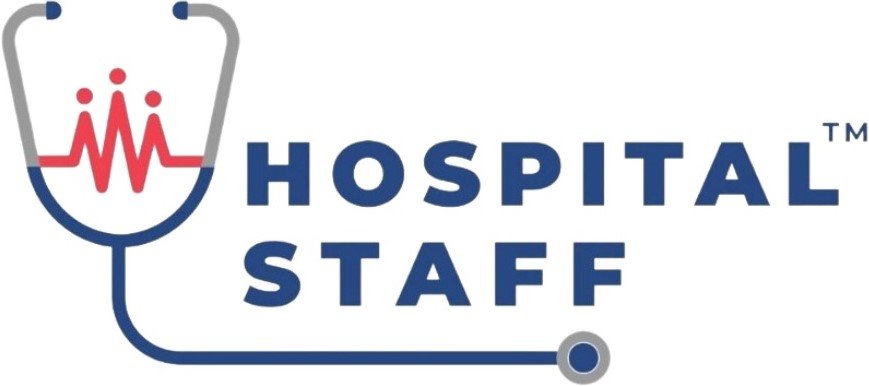Getting a degree is more crucial than experience! If this is still how you think, then you are headed in the wrong way. In any industry, even if it’s your first job, employers will still hire you based on your experience. Even when it comes to your first medical job you will still need experience in managing hospital, patient care, or with other nurses tasks based on your department.
There are numerous advantages to having early experience in various settings for your career. This involves developing your skills through patient interaction and working in the ICU care unit which sharpens your judgment and critical thinking skills. It also gives you more confidence as a professional because you’re able to apply theory into action to actual healthcare situations.
When you gain experience in various specializations in the healthcare industry, it also aids in the clarification of your professional objectives. Additionally, the experience facilitates networking by helping you build relationships with healthcare professionals.
The experience aids in honing your medical job skills till the point where you can apply them. If you’re still unsure about the value of experience and how to acquire it while you’re still learning, read on. Further, you will know what you will discover during your initial experiences and how that will advance your career.
Types of Clinical Experience
Before discussing how to obtain clinical experience, let’s talk about this. It’s critical to recognize its types. There are two types of clinical experience: paid and unpaid.

Unpaid
The first is volunteer work, where you can participate in compensated volunteer opportunities based on your level of training. In a medical center, you can volunteer your time by helping with various tasks such as patient admission, taking blood samples, looking after ICU care patients, and administrative work guidance. After that, you can assist in the emergency department by volunteering to calm anxious or upset families and circumstances.
You can get expertise in assisting people in resolving a variety of emotions, such as grief, anxiety, and rage, by working in this role.
Paid
Here, you get paid for your work, one of which is, a medical scribe, which entails listening to and documenting patient-physician exchanges as well as providing clear medical histories and diagnostic results.
Another option is to become an emergency department technician, where you would actively assist patients in the hospital with physical care, such as bandaging wounds, collecting blood samples, and keeping an eye on vital signs.
The other person is a trained nursing assistant, who assists patients in the hospital with everyday activities including eating, washing, grooming, and moving around. Here are some experience suggestions for hospital nurses.
Additional medical personnel who take blood samples while working in clinics or hospitals include pharmacists. As a pharmacy technician, you can also obtain experience by working in hospital or private hospital retail pharmacies. This will allow you to obtain knowledge about the pharmaceuticals used to treat various ailments.
How can you get Early clinical experience?
The most crucial step is now to figure out how to gain experience in managing a hospital and get your first job. As we’ve talked about the different kinds of clinical experiences, such as volunteering, you can locate opportunities by asking your family doctor’s professors to recommend pre-med advisers or hospitals or medical centers for volunteer work.
To obtain valuable experience that will aid you in your job, you can begin by performing unpaid tasks. However, you must have training or a certificate to acquire paid experience. You should possess the necessary training and qualifications to work as a medical phlebotomist.
During Your Clinical Experience
To maximize the benefits of your clinical experience, keep the following in mind during your training: first, don’t be afraid to ask as many questions as you want to; this is when you will learn the most; second, practice, practice, practice—there is no substitute for practice—because the more you practice in a medical job, the more proficient you will become in your line of work.
Thirdly, put your objectives, what has to be done, how you’ll resolve issues, etc., in writing. This will show that you are a professional, punctual, considerate of patient privacy, and adhere to ethical guidelines so that you may pick up experience tips from experts and get results. Finally, but just as importantly, limit your experience to pinpoint areas of strength, areas for development, and potential career paths in a medical job.
Conclusion
When preparing for their first job, healthcare professionals find that clinical experience is invaluable. It develops professional growth, boosts confidence, and imparts useful abilities. Early exposure to clinical settings, whether via internships, volunteer work, rotations, or shadowing, provides priceless insights and equips people to provide high-quality patient care.
To obtain a competitive advantage in their professions, aspiring healthcare professionals should actively seek out and seize these possibilities and get experience. These will help them in getting better medical jobs in Mumbai and other areas as well. You may build a solid basis for success and fulfillment in the ever-changing healthcare industry by investing in clinical experience.

